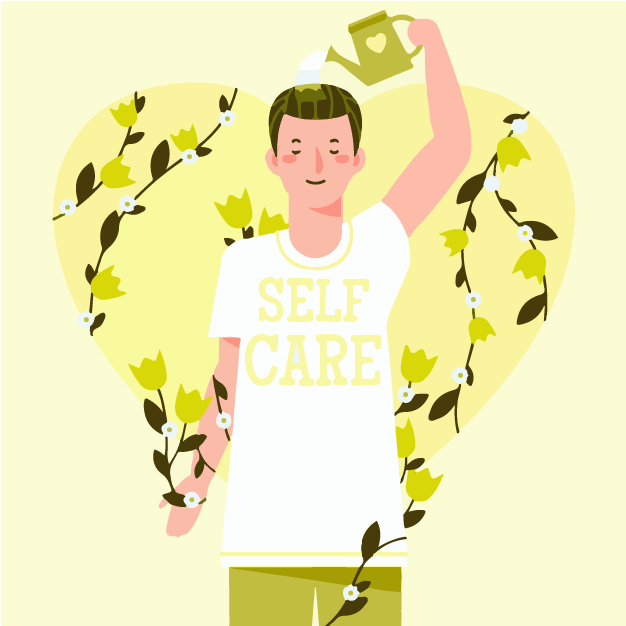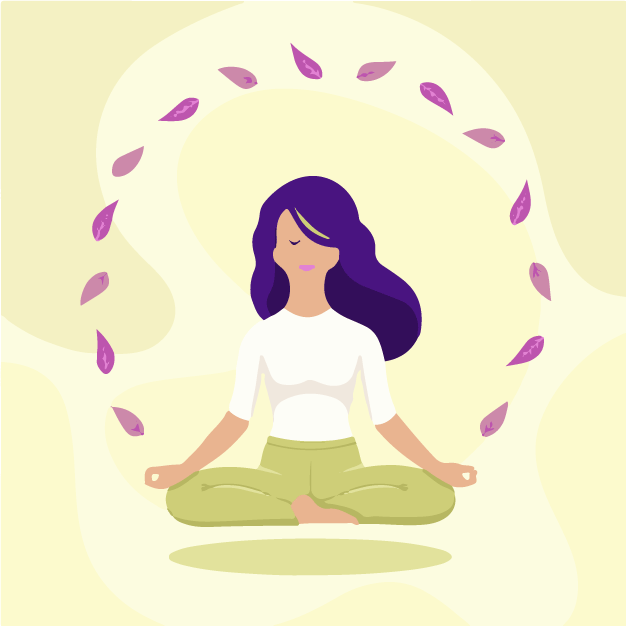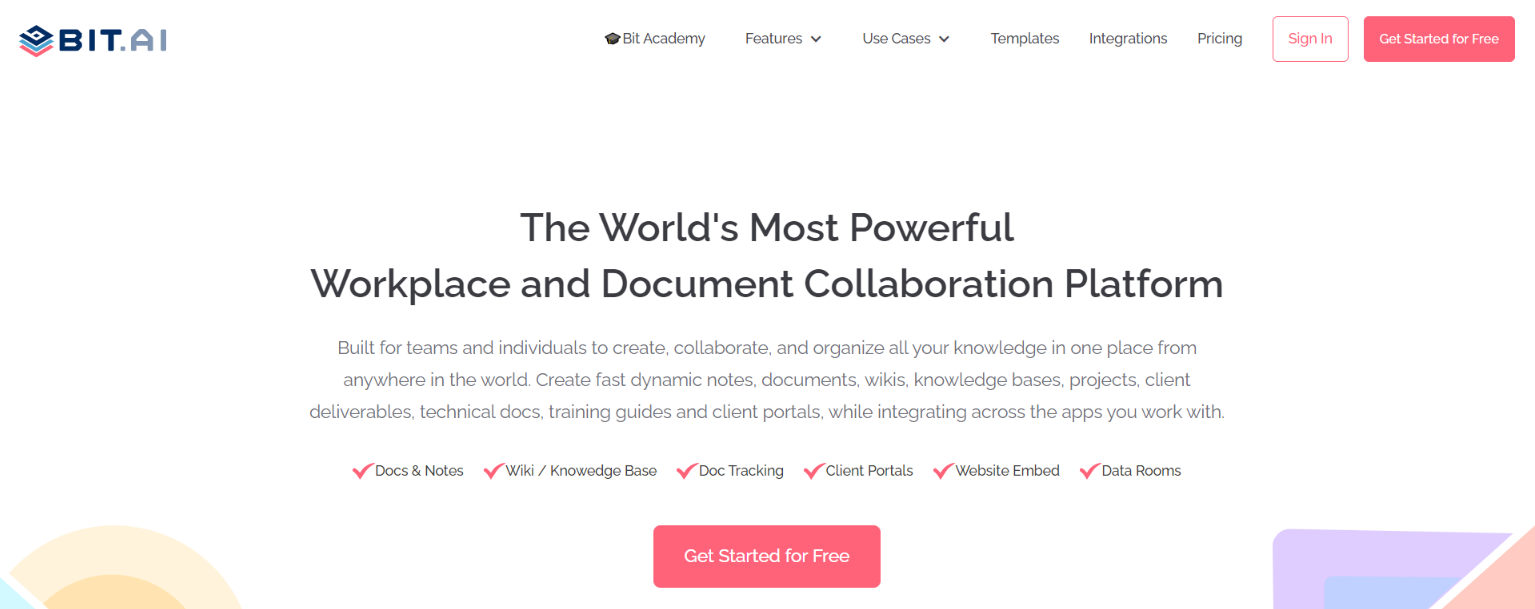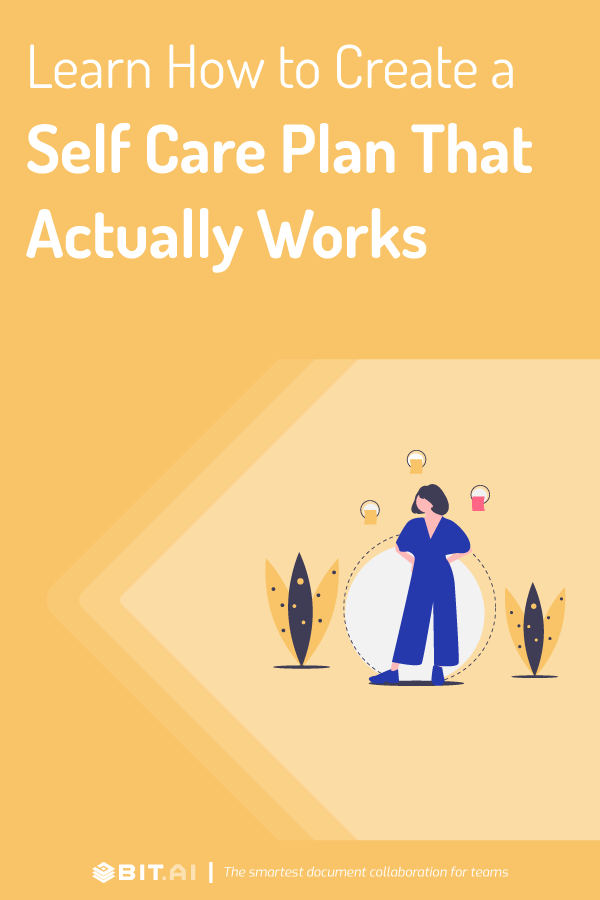Let us all admit it once and for all, adulting is difficult.
There is a heck load of stressors, from personal life to professional life, from work pressure to family pressure, and it’s not always easy to cope with it.
More often than not, these stressors take a toll on our bodies physically, emotionally, and behaviorally. Some people end up experiencing fatigue, and burnout; while others experience mental health problems like anxiety.
How does one save themselves from these problems?
That’s where self-care and self-care plans come into the picture! Self-care is a very important part of our daily lives that often gets neglected.
You might have noticed this behavior within yourself that whenever you get stressed or busy, self-care is one of the first things that you let go of. Sometimes, the reason for this is the fact that self-care is often misunderstood as a selfish activity or something indulgent, in nature.
 If you remember the rule that’s often given on flight safety instructions — “Put on your own oxygen mask first before helping others”, you’ll realize just how important self-care is for your well-being.
If you remember the rule that’s often given on flight safety instructions — “Put on your own oxygen mask first before helping others”, you’ll realize just how important self-care is for your well-being.
If you don’t look after yourself first, you’re in no position to help and take care of yourself and those around you.
Want to know more about self-care?
Let’s have a read…
What is Self-Care?
Self-care, essentially, describes the activities and practices that we consciously choose to engage in on a day-to-day basis to maintain and enhance our health and wellbeing.
Self-care can be beneficial to us for multiple reasons…
- When you practice self-care, you tend to improve your immunity, enhance positive thinking, and make yourself less vulnerable to stress, depression, anxiety, and other emotional & mental health issues.
- When you feel that you’re taking good care of yourselves, it leads to feelings of calm and relaxation, and it sends out a message to others that you value yourself, which in turn, contributes to long-term feelings of wellbeing.
- When you give time to yourself and are well-rested, etc., you end up having more energy to meet the demands of daily life, no matter how twisted they might be. It ends up bringing more balance to your daily life and helps you be more productive and resilient to stressors.
- On the flip side, people who tend to neglect their own needs and don’t nurture themselves are at a greater risk of falling prey to things like unhappiness, low self-esteem, and feelings of resentment.
Alright, now that we know everything there is to know about self-care, let’s take a look at what, why’s, and how’s of self-care plans!
Let’s begin!
Read more: What Is Kaizen And How It Can Help You?
What is a Self-Care Plan? (Definition)
In the simplest of words, a self-care plan is a carefully constructed and intentionally engaged guide to promote our health and wellbeing. The idea behind a self-care plan is to engage a person in building the knowledge, skills, and attitudes to support their wellbeing.
A self-care plan also acts as an intervention tool that prevents you from falling into bad habits like negative thinking, behavioral problems, and feeling physical exhaustion whenever stressful situations arise.
We know that self-care plans can act as an early intervention tool, but —
What else do self-care plans have to offer?
Let’s have a look!
Why Should You Create a Self-Care Plan?
Self-care plans help you achieve your self-care goals, and we already the miracles self-care can do for your health. Here are all the other reasons why you should opt for creating a self-care plan…
1. It Acts as a Preventative Measure
When you design a self-care plan, you’re essentially creating a unique roadmap that will help you direct your best self to reflect on what you may need in your worst moments. When you introspect, you can easily figure out how intense your stress levels can get and what resources are available to you.
Read more: Productivity Plan: What is it & How to Create a Perfect One?
2. It Removes Uncertainty in Times of Crisis
When you create a self-care plan, you end up responding to situations promptly as opposed to reacting to them.

When you already have a crisis-prevention plan in place, you feel more in control of the situation at hand and you don’t feel chaotic.
3. It Helps you Establish a Routine
Having a self-care plan in place helps you establish a routine, which ensures that your self-care endeavors get carried through and you don’t end up making excuses and procrastinating. It helps you hold yourself accountable, and share responsibility for your own wellbeing.
With all the benefits of having a self-care plan being covered, let’s take at the entire process of creating a self-care plan…
Read more: How to Get a Grip on Your Information Overload?
How to Create a Self-Care Plan? (Steps)
Self-care can look like different things for different people. Thus, there is no one-size-fits-all approach to creating a self-care plan. However, we do have a 4-step process that can help you build a plan that’s just perfect for you! Here goes…
Step 1. Assess Your Coping Skills
The first step in the process of developing a self-care plan is examining your own habits. What we mean is that you need to assess how you typically deal with life’s situations. Do you usually know when you need to take a break?
Whenever you’re faced with challenges, you can either use positive coping strategies or negative coping strategies to deal with them. Identify whether you use negative coping strategies or positive coping strategies. Here are some examples that can help you out…
| Positive Coping Strategies | Negative Coping Strategies |
| Deep breathing | Yelling |
| Stretching | Acting aggressively |
| Meditation | Overeating |
| Listening to music | Drinking excessive amounts of alcohol |
| Exercising | Smoking |
| Reading | Pacing |
| Going for a walk | Biting your fingernails |
| Taking a bath | Taking drugs |
| Socializing with friends | Skipping meals |
| Sitting outside and relaxing | Withdrawing from family and friends |
| Engaging in a hobby | Reckless driving |
Figure out which is your go-to coping strategy and be honest about your self-evaluation.
Step 2. Recognize Your Self-Care Needs
Your self-care needs will be different from the self-care needs of someone else. Sit for a moment and consider what you value and need in your daily life (daily self-care needs) and what you value and need in the event of a crisis (emergency self-care needs).
There are various dimensions to self-care that you need to cater to, which are…
- Professional self-care – This consists of activities that allow you to work efficiently at the professional level and fulfill the expectations that are placed upon you.
- Physical self-care – This includes activities that help you to remain physically fit and healthy, and with enough energy that gets you through your work and personal commitments.
- Psychological self-care – This consists of activities that make you feel clear-headed and allows you to intellectually engage with the professional challenges encountered in your work and personal life.
- Emotional self-care – It involves empowering yourself to safely experience your full range of emotions.
- Spiritual self-care – It basically includes getting a sense of perspective outside everyday life.
- Social self-care – it includes maintaining healthy, positive relationships, and ensuring that you have diverse relationships so that you are not only related to work people.
Daily Self-Care
Ask yourself what you’re doing to support your overall wellbeing on an everyday basis. Do you actively engage in self-care practices presently? Do you give more importance to some areas of self-care than others?
You can use the following table to help you determine which areas of self-care you may need more support in…
| Area of Self-Care | Current Practices | Practices to Try |
| Physical Self-Care | ||
| Emotional Self-Care | ||
| Spiritual Self-Care | ||
| Professional Self-Care | ||
| Social Self-Care | ||
| Psychological Self-Care |
Emergency Self-Care
Whenever you’re faced with a crisis, it’s possible that you won’t have the time to create a coping strategy. It’s always better to develop a plan in advance so it’s there in place when you need it.
Use the following table to help you identify your unique self-care needs during times of distress (source)…
| Emergency Self-Care Tools | Helpful (What To Do) | Harmful (What to Avoid) |
| Relaxation/Staying Calm | Which activities help you relax? For instance, deep breathing or taking a walk. | Which activities make you more agitated or frustrated? For instance, yelling, swearing, or drinking. |
| Self-Talk | Helpful self-talk can include, “I am safe” or “I can do this.” | Harmful self-talk may include, “I can’t handle this.” or “I knew this would go wrong.” or “I deserve this.” |
| Social Support | Which family members and friends can you reach out to for help or support? | Which people should you avoid during times of distress? |
| Mood | Which activities support a positive mood? For example, listening to good music, enjoying the weather, etc. | What should you avoid during stressful situations? For example, saying in bed all day, avoiding social activities, etc. |
| Resilience | What, or who helps you to get through difficult times? What helps you bounce back? | What, or who feeds negativity for you? |
Step 3. Barriers and Areas for Improvement
There are three sub-steps to this step, which have been mentioned as follows…
Reflect
You must reflect on the existing coping strategies and self-care tools that you have outlined in the previous activities.

What is working out for you? What isn’t working out for you? You should keep the helpful tools, and dump the things that don’t help you.
Examine
Ask yourself, “Are there any barriers that prevent you from maintaining your self-care?” You must examine how you can address these barriers.
Start by taking steps towards incorporating new strategies and tools that will benefit your health and well-being.
Replace
You should also work on reducing, and eliminating, negative coping strategies. If you think that you are using negative strategies, then you should begin by choosing one action you feel is most harmful and then, identify a positive strategy to replace it.
Positive coping skills are a very crucial part of your self-care toolkit.
Step 4. Write it Down!
Once you’ve through with all these steps, write down your personal need and strategies in place. Your self-care plan can be super simple or super complex, it really doesn’t matter as long as you find it helpful.
Here are some of our favorite self-care practices…
Professional Self-Care
- Keep yourself engaged in regular supervision or consulting with more experienced colleagues.
- Make a peer-support group.
- Maintain strict boundaries between clients/students and staff.
- Keep reading professional journals.
- Keep attending professional development programs.
Physical Self-Care
- Maintain a regular sleep routine.
- Eat a healthy diet.
- Exercise regularly.
- Take a leave whenever you’re sick.
Psychological Self-Care
- Maintain a reflective journal.
- Engage yourself in a hobby.
- Don’t check your work email after office hours.
- Make some time just for relaxation.
- Spend time with friends and family.
Emotional Self-Care
- Develop supportive relationships.
- Write about three good things that you did each day.
- Engage in recreational activities.
- Communicate about your feelings and emotions.
Spiritual Self-Care
- Mediate regularly.
- Do yoga.
- Introspect and reflect.
Social Self-Care
- Prioritize the close relationships in your life.
- Engage in healthy communication.
- Make time for your friends and family.
Before you go, let’s take a look at an awesome tool that can help you create a stunning self-care plan…
Read more: Combating Social Isolation in Remote Working
Bit.ai: The Ultimate Tool for Creating Self-Care Plans
Achieving self-care is not a cakewalk, and we admit it. That is probably why it is advisable to practice self-care with the people you love — together!
That’s where bit.ai comes into the picture!
So, what is bit.ai?
 Bit.ai is the world’s most powerful document collaboration tool and platform. It is built for teams and individuals to create, collaborate, and organize all your knowledge in one place from anywhere in the world.
Bit.ai is the world’s most powerful document collaboration tool and platform. It is built for teams and individuals to create, collaborate, and organize all your knowledge in one place from anywhere in the world.
Bit allows you to collaborate on your document in real-time. This means that you and your friends or family can work together in the creation of your self-care plan, no matter where they are. You don’t really have to worry about being separated by a distance anymore or sending emails back and forth.
You can even organize yourself and your loved ones in a workspace. That sounds very formal, we know but what we simply mean is that you can easily be a part of a single space where everyone can create their own self-care plans and you can hold each other accountable on whether you are practicing self-care.
Bit also comes with auto-formatting where you can create content and tables easily without the hassle of formatting and simply focus on self-care and self-care only!
You can even add pictures, videos, GIFs, and basically, any other media that help you stay inspired and Bit won’t stop you. There’s really no limit when it comes to what you can create on Bit.
Wrapping Up!
So, fellow self-care enthusiasts, that was our bit (pun intended) on everything that you need to know about self-care and self-care plans! We’ve researched for you and all that you need to do now is just start planning and achieving your goals!
Do you have any doubts or queries on how to create self-care plans? Feel free to reach to us on Twitter at @bit_docs! We’d love to hear from you!
Happy self-care to you!
Further reads:
- Action Plan: What, Why & How to Write it?
- Growth Plan: What is it & How to Create One? (Steps Included)
- Tactical Plan: What is it & How to Create an Effective One?
- Weekly Plan: What is it & How to Create an Effective One?
- Employee Development Plan: What is it & How to Create it? (Steps Included)
- Contingency Plan: What, Why, and How to Create it?



